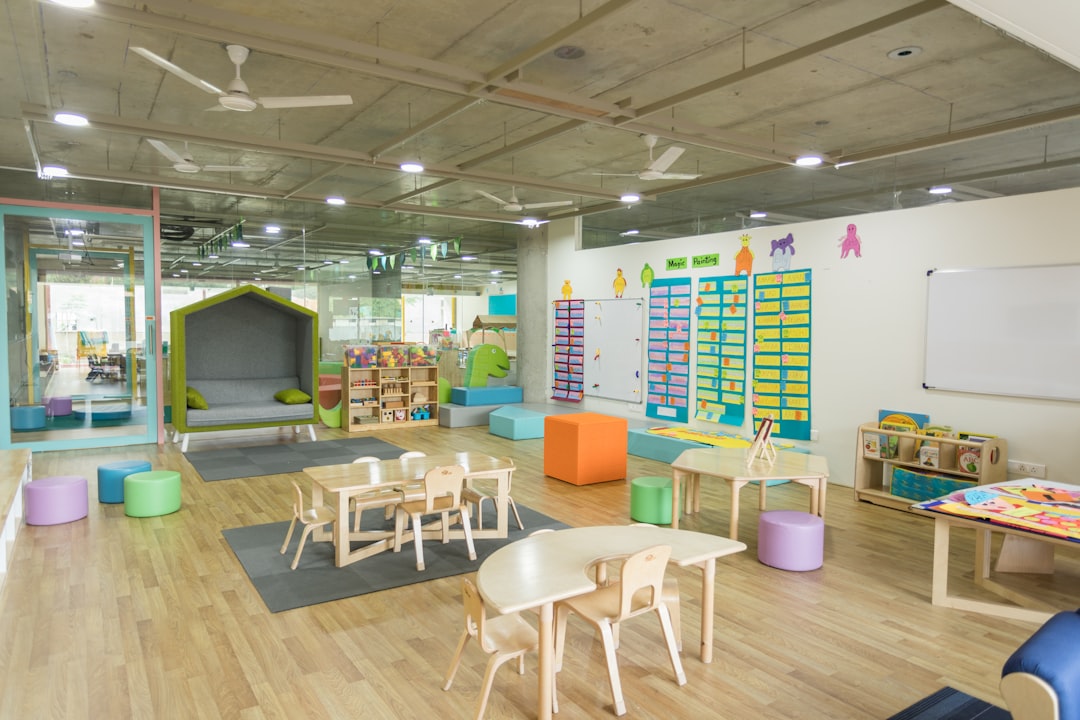Childhood neglect, particularly in St. Louis, Missouri, has severe, long-term effects on brain development and mental health due to altered neural circuits and reward systems. This can lead to academic difficulties, social isolation, substance abuse, and intergenerational trauma. Survivors of daycare abuse in St. Louis have legal protections and access to resources like counseling, financial aid, and advocacy services from dedicated daycare abuse law firms and local organizations, offering hope for healing and breaking cycles of neglect.
“In St. Louis, Missouri, exploring the long-term consequences of childhood neglect is crucial for understanding and addressing its pervasive impact on individuals’ development. This article delves into three key aspects: the effect of neglect on brain development and cognitive abilities, mental health implications for survivors, and the legal aspects as well as support resources available for victims of daycare abuse in St. Louis. By examining these facets, we aim to shed light on the far-reaching repercussions of neglect and promote awareness among families, educators, and healthcare providers.”
The Impact of Childhood Neglect on Brain Development and Cognitive Functioning
Childhood neglect, a critical issue often highlighted by daycare abuse law firms in St. Louis, MO, can have profound and lasting effects on brain development and cognitive functioning. The early years are a period of rapid neurodevelopment, where experiences shape the structure and function of neural circuits. Neglectful environments, characterized by lack of affection, stimulation, or basic needs being met, can disrupt this process. Research indicates that individuals who experienced neglect in their childhood often demonstrate impaired executive functions, such as decision-making, impulse control, and working memory.
This developmental trauma can also impact learning abilities and academic performance. Neglected children may struggle with attention, concentration, and problem-solving skills, which are essential for educational success. Moreover, the brain’s reward system might be altered, leading to increased vulnerability to substance abuse and addictive behaviors later in life. Understanding these consequences is crucial in recognizing the long-term implications of neglect and advocating for interventions that promote healthy development, such as supportive daycare environments.
Long-Term Mental Health Implications for Survivors of Child Neglect in STL
The long-term consequences of childhood neglect can have profound effects on an individual’s mental health and overall well-being, often persisting into adulthood. Survivors of neglect in St. Louis MO, particularly those who experienced daycare abuse, may face a heightened risk of developing various psychological disorders. This is due to the traumatic nature of their early life experiences, which can disrupt brain development and impair emotional regulation. Common mental health issues among survivors include anxiety disorders, depression, post-traumatic stress disorder (PTSD), and low self-esteem.
These challenges may manifest in different ways, such as difficulty forming healthy relationships, social isolation, substance abuse, or even chronic physical health problems. The impact of childhood neglect is often intergenerational, meaning survivors may unconsciously replicate neglectful patterns in their own parenting, perpetuating the cycle. Fortunately, with proper support and access to resources like those offered by a daycare abuse law firm in St. Louis MO, survivors can seek healing and break free from this destructive cycle.
Legal Aspects and Support Resources for Victims of Daycare Abuse in St. Louis, MO
In St. Louis, Missouri, the legal landscape regarding daycare abuse is designed to protect victims and hold perpetrators accountable. If your child has experienced neglect or abuse while in daycare, a dedicated daycare abuse law firm in St. Louis MO can provide crucial guidance and representation. These legal professionals are equipped to navigate complex laws and regulations, ensuring that victims receive the justice and compensation they deserve.
Support resources are also abundant for those affected by daycare abuse. Local organizations and community groups offer assistance with counseling services, financial aid for medical treatment, and legal advocacy. Additionally, state-run programs provide safety nets for reporting and investigating instances of abuse, offering a comprehensive network of support tailored to the unique needs of each victim and their family.






